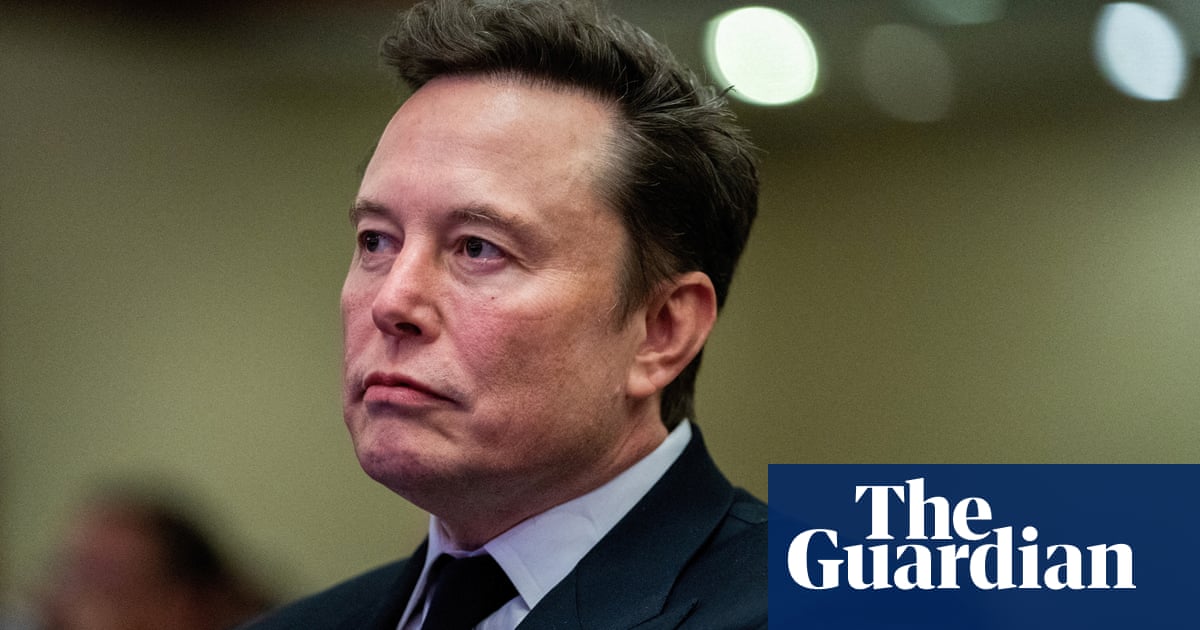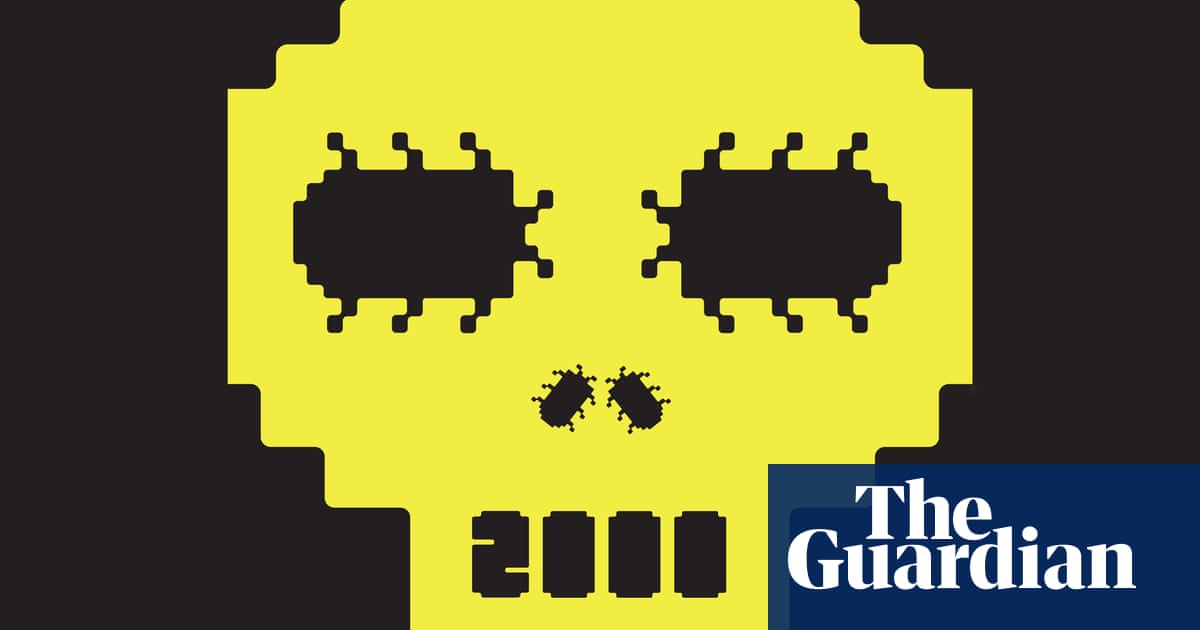Safeguarding agencies are failing to listen to children who have been sexually abused by family members with devastating consequences, amid a “worrying evaporation” of skills among the professionals meant to protect them, a report has found.
A review of the experiences of 193 children in England who were victims of sexual abuse by a family member found seven went on to commit suicide, while 14 more – including a seven-year-old – either attempted suicide or talked about killing themselves.
Ten children became pregnant as a result of the abuse, of which at least six gave birth, the youngest of whom was 11 when her baby was born, while another pregnant child who was given an illegal abortion agent procured via the internet nearly died as a result.
The report, commissioned by the child safeguarding practice review panel, blamed “systemic failings”, with child victims too often either ignored or disbelieved, and the risk posed by their relatives minimised or misunderstood.
Meanwhile, more than a third of cases involved a family member already known to present some risk of sexual harm, including convicted sex offenders and relatives previously prosecuted for sexual abuse, including rape.
The report called on the government to put in place a national action plan to tackle intrafamilial child sexual abuse, which it said would require “wholesale change” to training, supervision and leadership in the sector.
Part of the reason for the loss of expertise in the field is the shift in focus over the past 20 years away from child sexual abuse within families to sexual abuse of children in public institutions, by strangers on the internet and high-profile individuals, according to the report.
“Despite commonalities between different types of sexual abuse, the ‘othering’ and moral outrage that can accompany media attention on extra-familial sexual abuse has perhaps distracted attention from the more commonplace nature of familial abuse,” the report says. “In turning our attention away from the latter, we have undermined the confidence and capability of professionals to identify and respond to sexual abuse in families.”
The panel chair, Annie Hudson, said: “The systemic issues identified in this report are longstanding. It is vital therefore that government integrates the findings from this review into their reform programme and provides strong leadership to deliver a robust strategy to address its stark reality of child sexual abuse in the family environment.”
The independent review examined 136 child safeguarding incidents and found three-quarters of the children sexually abused by a family member were under 12, 98% of abusers were men and three-quarters of the children were girls.
Ian Dean, the director of the Centre of Expertise on Child Sexual Abuse, which carried out the review, said: “Children need help to tell, and it’s vital that all professionals are given the knowledge and skills to notice when something is wrong, and the confidence to talk directly to children and families about concerns of sexual abuse.
“Despite a wealth of wider training, most practitioners working with children across social work, policing, education and health won’t even get a single day of training focused on child sexual abuse before qualifying. This review shows that this is clearly failing to properly equip the workforce to identify concerns and respond to protect children from sexual abuse.”
The children’s commissioner for England, Dame Rachel de Souza, said: “This report is a devastating indictment of how starkly we are failing children by ignoring their experiences and voices.
“We need radical change in how we respond to child victims and a system of support designed around their needs.“
A government spokesperson said: “As a child-centred government, keeping children safe could not be more important and we are already taking swift action to address these recommendations through our landmark reforms to children’s social care.
“We will require every council to implement a joined-up approach to child protection, strengthen safeguards for home education and improve information sharing, to prevent children falling through the cracks.”

.png) 1 month ago
545
1 month ago
545













































